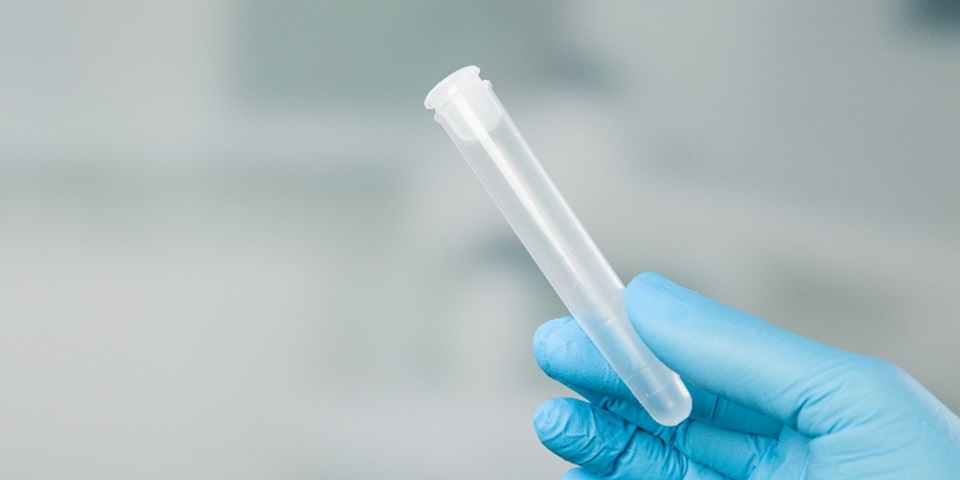News
New study brings comfort for people using IVF

There is no statistically significant difference in abnormalities in babies conceived naturally compared with babies conceived through invitro fertilization (IVF), according to new research undertaken by academics from six countries.
A total of 111 couples participated in the study, recently published in Nature Medicine, including 62 couples who had a baby through spontaneous conception and 49 couples who delivered after IVF.Murdoch University and Perron Institute Professor Sulev Kõks, one of the researchers involved in the study, said the purpose of the research was to analyse if IVF has any detrimental effects on an individual’s genome (genetic profile).
“We found that IVF does not have any detrimental effects and in that sense it is very safe,” Professor Kõks said.
“This issue has been under lengthy debate. So it is an important discovery, particularly for people considering IVF.”
Professor Kõks said the study involved taking DNA samples from the father and mother and from the placenta and umbilical cord of the embryo of their baby.
“We profiled the genes of both IVF and naturally conceived children to investigate any prevalence and persistence of genetic abnormalities, Professor Kõks said.
“Taking a wide range of samples from different sources helped us to determine where cell abnormalities occurred and at what stage during pregnancy.
“Our findings affirm that IVF treatment has no detrimental effect on the chromosomal
constitution of the fetus or newborn.
Professor Kõks said the findings of the study should provide comfort for people considering or using IVF to conceive a baby.
“The findings of the study confirm that IVF has no detrimental effect on abnormalities in babies when compared with natural conception. This helps to remove a major health concern in regard to IVF babies,” said Professor Kõks.
Background:
- The researchers are based in The Netherlands, Belgium, Estonia, Finland, Australia and United Kingdom.
- The families participating in the study were from Estonia and Finland.
- The paper is titled “In vitro fertilization does not increase the incidence of de novo copy number alterations in fetal and placental lineages”.
- Professor Kõks is based at the Centre for Molecular Medicine and Innovative Therapeutics, Murdoch University and the Perron Institute for Neurological and Translational Science, Nedlands